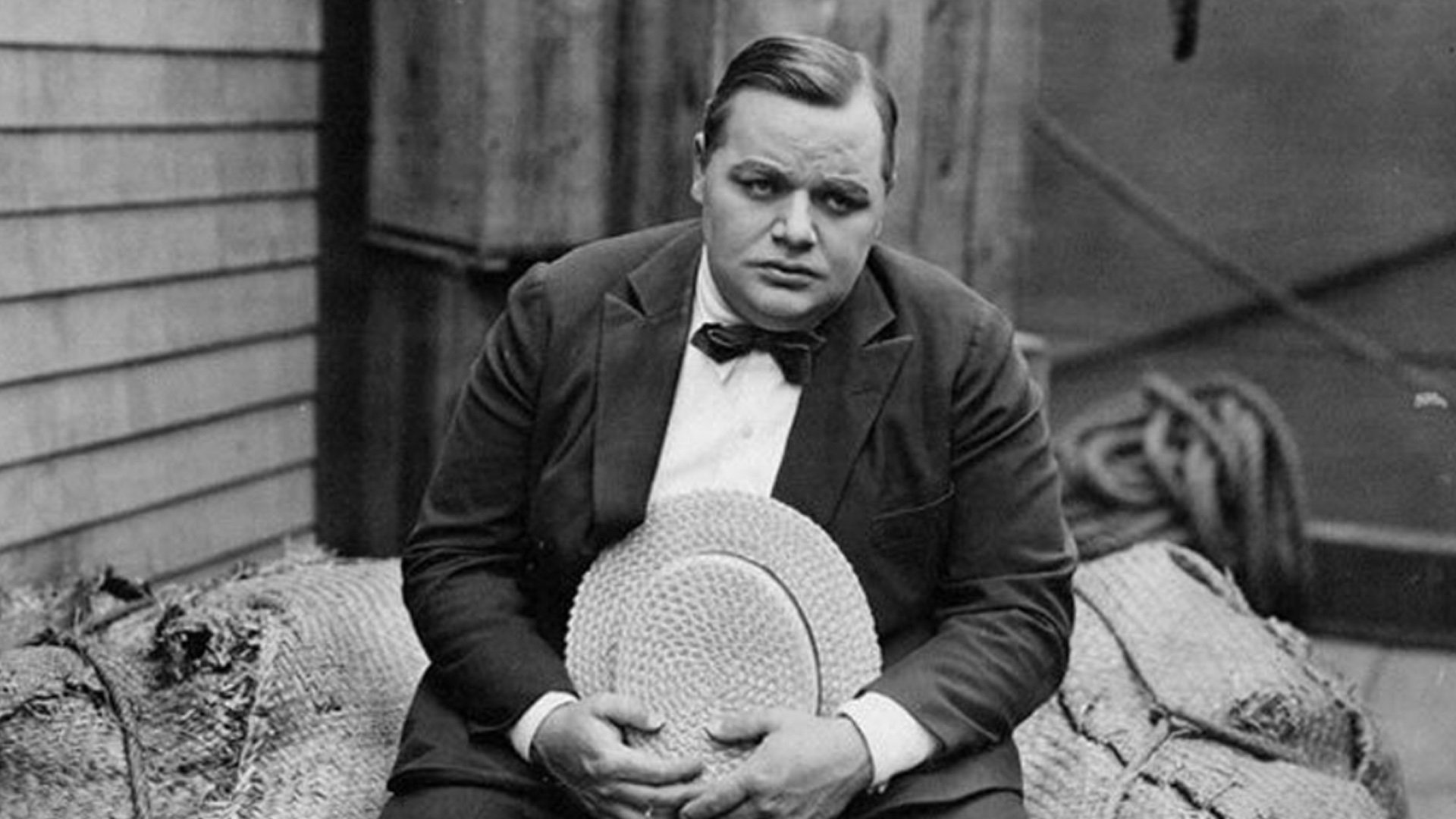San Francisco's Westin St Francis Hotel still attracts curious visitors who want to catch a glimpse of the room where a notorious party took place 90 years ago.
The hotel management is happy to oblige, but what transpired in Room 1219 on that fateful Labor Day in 1921 remains a mystery.
One thing is clear: Virginia Rappe, an actress, was found screaming in agony on a bed in that room.
Sadly, she passed away later that week.
The man accused of causing her death was Roscoe “Fatty” Arbuckle, Hollywood's first million-dollar star.
Arbuckle was known for his comedic timing and had even mentored Charlie Chaplin and discovered Buster Keaton.
But overnight, he went from being beloved by children across America to being public enemy number one.
People were even spitting in his face outside the courtroom.
On September 5, 1921, Arbuckle found himself at a party on the 12th floor of the St Francis Hotel after taking a break from filming.
Virginia Rappe, a struggling actress with chronic cystitis, was among the guests.
At some point, Arbuckle and Rappe ended up together in a bedroom, where her screams were heard a few minutes later.
Guests rushed in to find Rappe, fully dressed, writhing in pain on the bed.
Arbuckle claimed that he had found her in a drunken faint on the bathroom floor and had simply carried her to the bed, but Rappe's damning words, “He did this to me,” changed everything.
Initially, partygoers assumed Rappe was just intoxicated, but her condition worsened, and three days later, she was taken to the hospital.
Her friend, Bambina Maude Delmont, informed the doctor that Arbuckle had raped Rappe.
However, a medical examination found no evidence of s**ual assault.
Arbuckle was charged with first-degree murder, which was eventually reduced to manslaughter.
Morality groups demanded the death penalty, and movie executives ordered Arbuckle's industry friends to disassociate themselves from him.
This scandal threatened to destroy Hollywood itself as the public's perception of stars as pure and untouchable was shattered.
The trial gained significant media attention, with sensationalist “yellow journalism” outlets publishing lurid stories about Tinseltown's depravity alongside coverage of the case.
Although Arbuckle was never tried for s**ual assault, the reports at the time perpetuated this notion.
Fortunately for Arbuckle, the case had many inconsistencies.
His main accuser, Bambina Maude Delmont, was a convicted criminal who had planned to extort money from him.
She never testified in court, and it was revealed that the prosecution had intimidated witnesses to testify against Arbuckle.
Despite being tried three times, Arbuckle was acquitted after the third trial.
However, his reputation was tarnished, and he faced ruinous legal bills.
The public still believed in his guilt, and he was frequently heckled on the streets.
The Hollywood censorship board banned him from working in the industry, although this ban was later lifted.
Roscoe Arbuckle spent years trying to rebuild his career, often working under a pseudonym.
He eventually made a comeback when Warner Bros offered him a feature-film contract in 1933.
Sadly, that same night, he died of a heart attack at the age of 46.
Experts on the case, such as David Pearson, an Arbuckle historian, believe that Arbuckle was innocent and simply in the wrong place at the wrong time.
Virginia Rappe's death remains a mystery, leaving a double tragedy that continues to intrigue people even nine decades later.
Related Posts
- Virginia Rappe and Fatty Arbuckle: Unveiling the Truth Behind the Scandal
- The true story of the rising career and shocking death of a 1920s star – and the Fatty Arbuckle trial
- The true story of the rising career and shocking death of a 1920s star – and the Fatty Arbuckle trial
- Silent Film Star Fatty Arbuckle Arrested for Murder
- Fatty Arbuckle: The Scandal That Shook Hollywood































